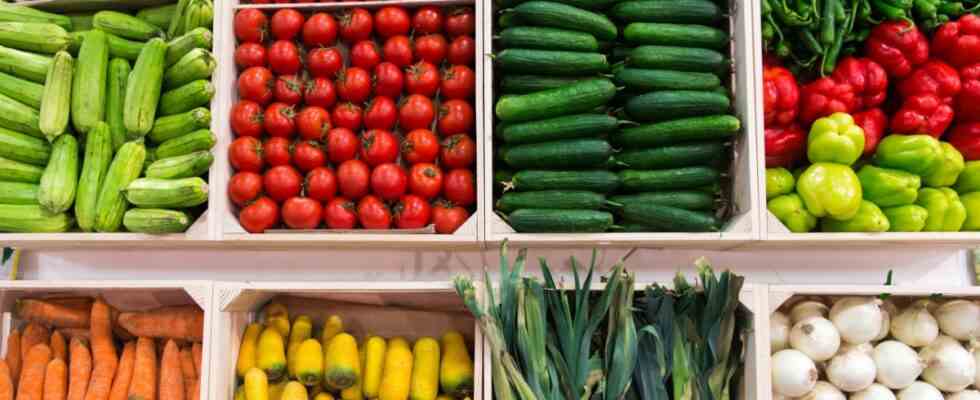I am in Kampala, Uganda these days. Yesterday I complained to a vegetable seller about the shapelessness of his oranges and carrots. His answer was that an ugly orange makes beautiful juice and a crooked carrot makes tasty soup. How right he was. And how much ten years in another country change you. In Uganda, my former homeland, a little has changed to this day: the vegetables on the markets there can have any shape that this earth has come up with. It ends up in the shopping baskets – and then on the plates.
Ten years of shopping experience in Germany leave their mark. Carrots have to be straight as a die, straight out of a clone factory. Domed cucumbers are true rarities, and it’s been a long time since I held a celery in my hand. Only: Do the supermarkets and discounters actually prescribe this for themselves – or do they just follow the expectations of the customers?
Returning to Uganda is like returning to another world – and shows that not everything has to be as obvious as it seems in Munich. On and in the markets here, I don’t see anyone who takes one aubergine after the other out of the box with a stern look and puts a well-formed and dent-free specimen in the basket.
Sure, it’s often about ethnology, about cultures and their customs. There is a lot to accept and often you have to adapt. But sometimes I have a hard time with that. In this case it is after the most recent change of perspective. Fruit and vegetables will only reach the shelves in German supermarkets after a strict visual check has taken place. Like a nightclub with a dress code – where everyone looks alike like on the covers of celebrity magazines. The others don’t come in. The crooked ones are sorted out.
You may take it badly, but here I have reached the limit of tolerance. Whether in East Africa or in southern Germany. In these days of high food prices and general economic crisis, such sensitivities are no longer up-to-date – if they ever were. Put them on the shelves, big and small, thick and thin, crooked and crooked. There’s no point in throwing away products just because they’re the “wrong” shape. Food is food no matter what it looks like. Then just sell the so-called ugly things cheaper, I personally wouldn’t mind. Or give them away, but for God’s sake spread them around. Take it badly!
While most of Europe wastes food, most of Africa lacks it. Perhaps this describes why the shape of the vegetable is not a relevant criterion there. In Uganda people say: don’t judge a book by its cover.
Vegetables have human traits. It fights against obstacles and diseases as it grows. Cucumbers, carrots or zucchini usually bear scars that they suffered during their development. They are therefore not crooked or dented or even misshapen. They are how vegetables should be.
Their escape led two journalists to Munich. In a weekly column, they write about the peculiarities of their new homeland that they have adopted. The column “Typisch Deutsch” always appears on Friday or Saturday on the SZ people page. You can find the collected texts here.

